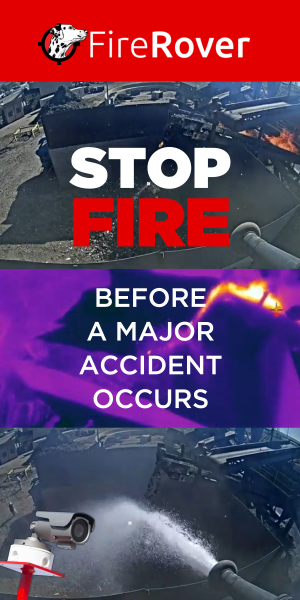Individual and unique perspectives are an integral part of organizations. This is undoubtedly true for the recycling industry, made up of so many different people from around the world. Over the years, studies have shown that diversity in the workforce is linked to business success. There is always room for improvement when it comes to diversity, equity, and inclusion (DEI) in any industry.
ISRI has sponsored a four-session DEI training series for the Northeast Recycling Council (NERC), which spans 11 northeastern states from Maine to Maryland. Cheryl Coleman, ISRI’s vice president for sustainability, spoke at NERC’s Dec. 9 training. So did two executives of ISRI member Schnitzer Steel: Tamara Lundgren, Chairman and CEO, and Stef Murray, Chief Diversity & Inclusion Officer.
Lundgren and Murray discussed how DEI evolved at Schnitzer and the positive ways it’s affected employees and the company. “It’s difficult to develop new ideas, break through barriers, and implement change management if you are working off of one set of experiences,” Lundgren notes. “You need different perspectives if you’re going to innovate and grow.”
Schnitzer’s investment in DEI recognizes that innovation, growth, risk management, and productivity are enhanced when companies prioritize diversity. Lundgren says measuring results of DEI programs in the workplace requires communication from the boardroom to the shop floor; training; and time—sentiments echoed by Murray.
“There’s so many facets of DEI, people can get lost in the shuffle,” Murray states. “It’s really important to piece it out and decide where the focus areas are.” She says it’s important for any company to meet the culture where it is. Employee surveys and focus groups can help show how receptive people are to change. “We all want to win; we all want to be successful; we all want to do well,” she notes.
Coleman discussed ways to incorporate diversity, equity, and inclusion into a company’s sustainability goals and workplace culture. She notes that successful companies have cultures that resemble and reflect the customers they serve; where employees feel fairly treated and given opportunities; and where workers are valued and respected. “It allows us to broaden our personal and our professional circle, and we become so much better—and so much bigger—we are able to benefit not only ourselves, but the companies also we work for, our customer, and ultimately the world,” she says.
It’s not just high-minded ideals that Coleman is speaking about. Over the last year, people around the world simultaneously:
- Faced a global COVID-19 pandemic responsible for more than 2.6 million deaths;
- Took part in the world’s largest work-from-home experiment; and
- Witnessed a global movement to end policies and practices that have historically affected underserved communities including people of color, women, people with disabilities, and seniors.
The so-called Great Resignation aka the Big Quit following the pandemic has a DEI component: A study by the University of Pennsylvania’s business school indicates more than 70% of job seekers are looking to work for a company with dedicated commitment to DEI. The latest Bureau of Labor Statistics report shows the number of Americans quitting their jobs has now exceeded pre-pandemic highs for months, as employers, especially in low-wage sectors, are struggling to fill open positions. “The reasons for this trend vary, but one major driver appears to be that during this time, many workers have re-evaluated their lives and their priorities are changing to be more mental health and family focused,” Coleman says. “The pandemic and the rise of remote work have changed the way we view our lives and the world.”
NERC’s Feb. 2 DEI training, Recognizing & Addressing Unconscious Bias, will feature two speakers: Nidhi Turakhia, ISRI Gulf Coast Chapter president and executive vice president of Allied Alloys, and Willie Johnson, CEO of Willie Johnson Communications. The presenters will define unconscious bias, demonstrate how personal identities influence biases, review how these biases impact not only an individual’s but also co-workers’ work performance, and develop strategies for inclusion and implementing DEI in the workplace and in our personal lives. The third NERC DEI session, Creating a DEI Path for Government Employees, will be Feb. 28. The date of the fourth session, Engaging with Diverse Communities, has not been announced.
ISRI has a DEI working group headed by Brandi Harleaux, CEO of South Post Oak Recycling Center; Schnitzer’s Murray; and Shelley Padnos, vice chair of the board of PADNOS. For information about how ISRI can help you encourage DEI in the workplace, contact Coleman at (202) 662-8517 or email.
Photo courtesy of Storyblocks.
Additional Resources













